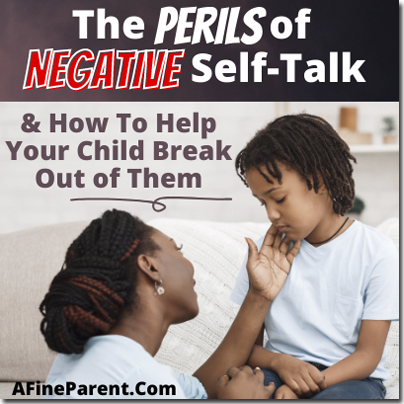 Our children all have days when their whole world seems to be falling apart. Is the universe really going up in smoke? Probably not, but our children may need a lot of help to see that.
Our children all have days when their whole world seems to be falling apart. Is the universe really going up in smoke? Probably not, but our children may need a lot of help to see that.
When my daughter was in kindergarten, she suddenly began to make negative comments about herself and her abilities. She would often say, “I’m not good at coloring” and “sports are hard for me,” indicating that she had low self-esteem.
The overwhelming transition into the world of elementary school left her struggling to make friends and made her quick to compare her abilities to those of her peers. I noticed she would make comments about how other students performed on tasks as compared to herself, and as time moved on, these comments spiraled into negative self-talk.
At a young age, she was already feeling insecure. This saddened me but I was eager to do everything I could to help her. I knew that her skills were not inadequate, yet her brain was tricking her with suggestions of inferiority and inadequacy. To my daughter, it felt like her inferiority was very real!
What is negative self-talk and why does it happen? We ALL experience self-talk or the inner monologue of that internal voice that tells us to eat the cookie or to go out for a run. Self-talk is most often constructive to our well-being and can be a positive way to process what is happening around us and to guide us through a task.
At times, however, self-talk can become critical. While intermittent critical self-talk is not necessarily cause for concern, when we observe our children engage in frequent negative self-talk we may feel some worry creep in. [Read more…]